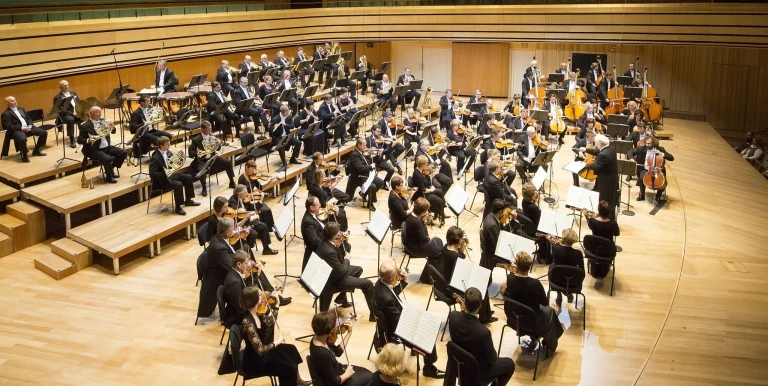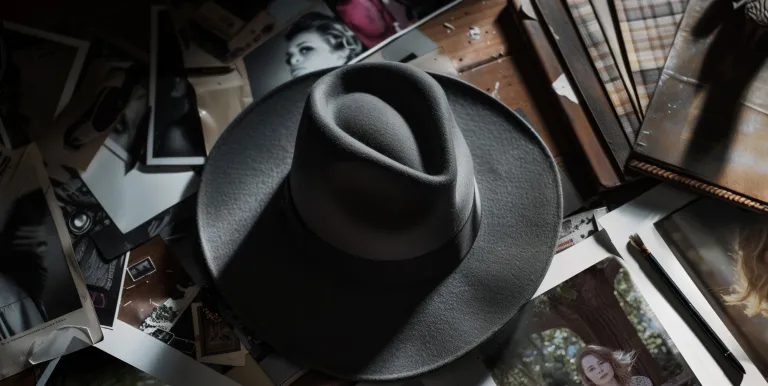one interval
Conductor:
Featuring:
Scriabin
The Poem of Ecstasy
Liszt
Totentanz
Liszt
Prometheus
Scriabin
The Poem of Fire (Prometheus)
It goes without saying that Franz Liszt merits an eminent spot among the most influential composers of the 19th century. He re-imagined the concerto as a genre, for example in his Totentanz, and dreamed up the idea of the symphonic poem, which later served as a reference for composers of radically diverging styles and outlooks, such as Tchaikovsky, Richard Strauss, Smetana, Rachmaninoff, and even the young Bartók. One of the most unique, exciting and mysterious offshoots of Liszt's thinking, however, belongs to Scriabin.
One could even toy with the idea that, had the brilliance of Scriabin's works been recognised, the symphonic poem might have become the starting point for 20th century modernism. In his piece Prometheus: The Poem of Fire, scored for piano, chorus and a mammoth orchestra, he perfected – before both Schönberg and Stravinsky – a completely novel technique for composing music that derived the entire progression of the symphonic piece from a single sound. He also worked on a method of making the music visible by integrating into the score a “part” for light organ, which would project the appropriate colours and combinations of colours out towards the audience. Scriabin imagined the experience to be a mysterious totality connecting music, words and visuals together and creating an artistic language that addresses all of the sensory organs at once to induce a state of ecstasy. As he himself expressed it, “In thought-form, ecstasy is the highest synthesis – in the guise of feeling, ecstasy is the highest bliss.”
Presented by: Hungarian Radio Music Ensembles
-
We wish to inform you that in the event that Müpa Budapest's underground garage and outdoor car park are operating at full capacity, it is advisable to plan for increased waiting times when you arrive. In order to avoid this, we recommend that you depart for our events in time, so that you you can find the ideal parking spot quickly and smoothly and arrive for our performance in comfort. The Müpa Budapest underground garage gates will be operated by an automatic number plate recognition system. Parking is free of charge for visitors with tickets to any of our paid performances on that given day. The detailed parking policy of Müpa Budapest is available here.










